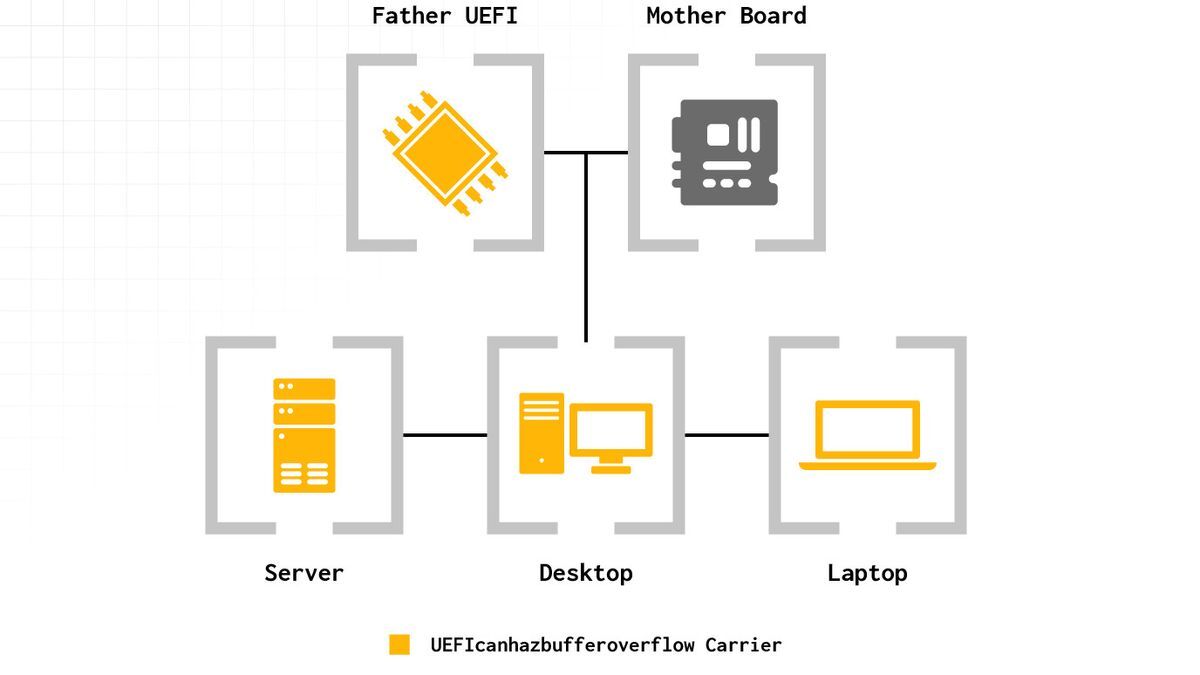

i think /c/[email protected] was removed due to redundancy with /c/[email protected] more than /c/[email protected].
that’s not to say it couldn’t be a place for non-news-related political discussions, but in practice it mostly got posts which would fit in worldnews.
it could be restored if one or more users with a good history wants to take responsibility for moderating it.























It looks like Framework only offers entry-level Radeon GPUs.
If you want to do GPU compute in a laptop and money is no object, something from Lenovo’s Legion series of gaming laptops is probably a good choice. You can get one with an RTX 4090 in it, and the series (or many models of it, at least) appears to have reasonably good Linux support. (Disclaimer: I’ve never used one.)